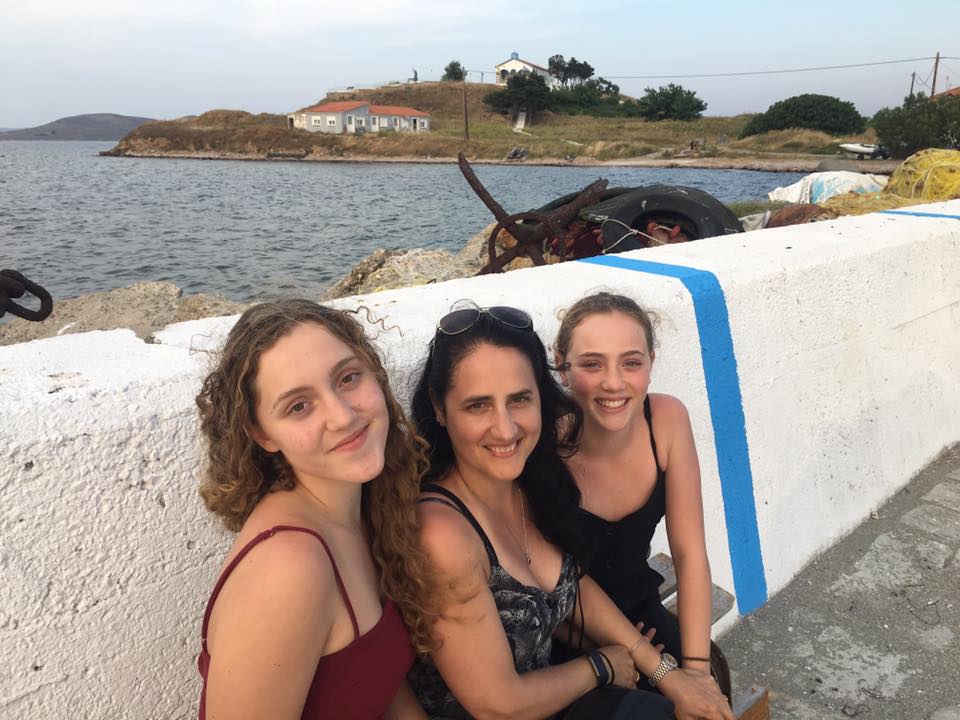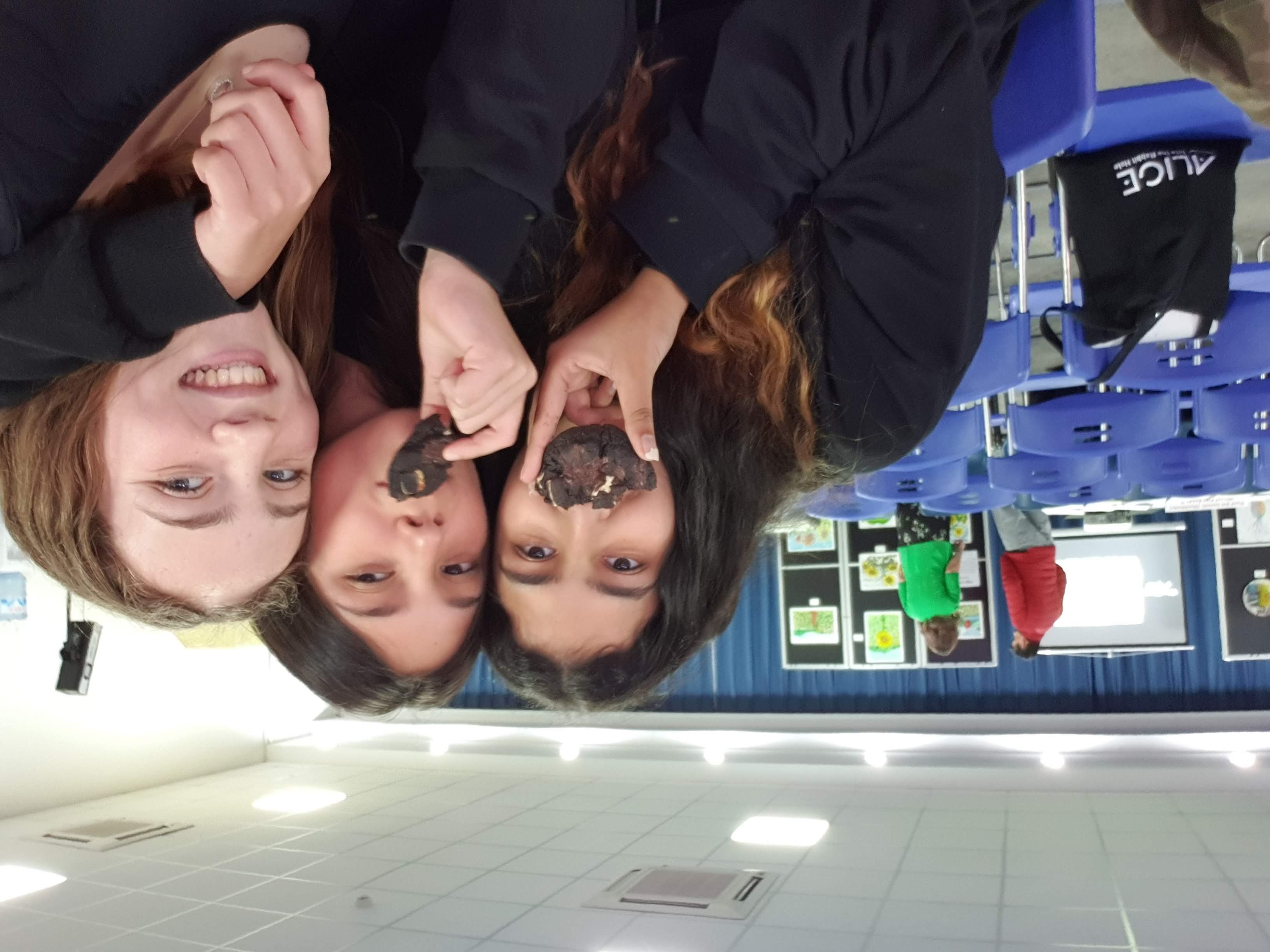It started with her lunchbox. Then the plastic bags at the shops. Now I see everything that she sees – covered in a silent poison which surrounds our lives.
Let me take you back to the beginning of her story. seven years ago, my older sister, Eve, came to my mum and said
“Mum, why do you wrap our sandwiches in plastic wrap? Why don’t you put it in a container?”
My mum considered this and said
“I guess it is just what I am used to; I used to have my sandwiches in paper bags but the plastic wrap keeps them fresher.”
My sister responded with
“Mum, I don’t like throwing out my plastic wrap, so can you please use containers?”.
This wasn’t too much of a hassle, it did involve a little extra dishwasher space but nevertheless, my mum agreed: “OK, sure!” That was the first (and minor) step to reducing the plastic in our lives.
A few months later, my sister had a similar conversation with my mum about the little portioned sized snacks which were individually packaged with plastic. She asked
“Could you please buy our snacks in bulk and pack them in reusable plastic containers?”
In this case my sister Eve was referring to the little yogurt tubs my mum had previously bought instead of buying the little individual containers, there would be less waste to buy a 2kg tub and manually separate the yogurt into containers. Of course mum saw more containers to wash each day, leaving her less time in her day, but reluctantly mum bowed under the weight of Eve’s environmental concerns. Throughout the years Eve became stricter and stricter with the amount of plastic (and in general all unnecessary garbage) that our family produced.
I remember two years ago when my sister asked mum to reduce another form of regular plastic waste, the many plastic bags for groceries. Eve pressured mum to use fabric bags when grocery shopping. These days, thanks to Woolworths new plastic bag ban, it doesn’t seem like a big deal today, but two years ago it was not a particularly common thing to do.
From mum’s reaction, this was by far the most difficult of Eve’s requests. My sister is one of the most patient and kind people I know, but if mum forgot to bring her fabric bags, mum was then subject to a lecture of the terrible things that plastic did to the environment. Not only did mum have to remember to bring the bags, but remember to bring enough of them. If mum only brought 5 fabric bags and had to use 2 plastic bags, Eve would protest and
refuse to eat the food out of those two bags. My sister’s frustrating habits were well-meaning but also an inconvenience to our family (well, mostly mum), but over time our habits have changed.
We can now see that the steps Eve forced us to take were our way to help the environment, to reduce our plastic intake and to help us all see the world in a new light. It is clear that the steps that we have taken are not complete, our family continues to improve, now with everyone onboard. Our family still needs to reduce the amount of plastic in our lives and the amount of waste we create, whether that be the grocery products we buy or “fast fashion” trends we sometimes follow.
People who don’t actively take part in the movement of trying to reduce the plastic they use should be educated to understand the extent of our plastic problem. It is known that plastic will never fully decompose and will take 1000 years to reach its smallest
possible form. Plastic that has been slowly decomposing in the ocean is eaten by the sea life that lives there. The seafood that we eat today has tiny bits of plastic that the fish have consumed because we have allowed it to infiltrate the food chain.
After living with my sister’s environmental passion, let me tell you my story. For as long as I can remember, I have loved to bake. I love everything about it (except the cleaning up part). Now I have always known that there are downsides to the delicious treats I make – “I minute on your lips; a lifetime on your hips”. But what I never considered is the lifetime of plastic I have created, so taking the information my sister taught me, I began to notice my environmental footprint. Becoming aware of products that were wrapped in plastic, such as sugar: packed in a plastic bag, vanilla: packed in a plastic bottle (and if that wasn’t enough, a plastic seal and a plastic wrap that encased the seal), chocolate: packaged in plastic. I have started storing foods in sealed containers instead of zip lock bags and keeping my food in containers instead of wrapping them in single use plastics. Of course I am not perfect. I have not found solutions to all of the sources of waste that are associated to my cooking and generally living a teenage life, but I have been reducing my plastic use one step at a time, every day, every week.
We know that plastic is a problem. It has remained the most common category of rubbish that is picked up on the annual Clean Up Australia day for the last 20 years. The trouble with our society is that even buying a reusable container to be environmentally friendly takes you a step back because it itself is wrapped in plastic! There are countless difficulties that occur when trying to reduce the waste you create; take-out at restaurants, groceries and even fresh produce are often wrapped in plastic. Recently I noticed that recycled toilet paper is also packaged in plastic too!

Looking back I can see that the changes Eve forced us to make were for the better. Reducing plastic has been both positive and rewarding. So, the question is: what do you have to lose by also embarking on a journey to reduce your waste?
Love, Ruby



That’s inspiring; thank you! I use fabric grocery bags, and my city, Portland, Oregon, has banned plastic grocery bags, but I could still let plastic awareness better inform my purchasing decisions. It’s great to see young people like you and your sister being conscientious about this issue and raising awareness.
For what it’s worth, I’ve seen reports that scientists and entrepreneurs are working on decomposable polymer and organic solutions (for example, plastic-like flower pots created from seaweed) to tackle this problem. It will take time and probably government support and regulation to tip solutions toward viability at scale. My city sent out a survey asking residents to what degree they would support banning plastic straws, forks, spoons, and knives. I am all for it and would be willing to pay more to defray the extra cost of compostable alternatives.
Thanks again for the inspiring blog post!
[…] holding with comments like “Sorry Eve I forgot my KeepCup today” (including my sister who wrote a story about it)! That might be because I am very vocal about social and environmental justice at school. This year […]
Hey Ruby! Truly inspirational to hear that the younger generation is taking a stand on reducing plastic waste! We need more leaders like you and Eve!
I’ve been advocating and raising awareness of a unique Australian company – Water3, that is at the forefront of changing the way we sell/consume natural drinking water.
https://www.water3.com check them out and I look forward to seeing them in NSW and am currently working with them to bring them into Indonesia, my land of birth 🇮🇩